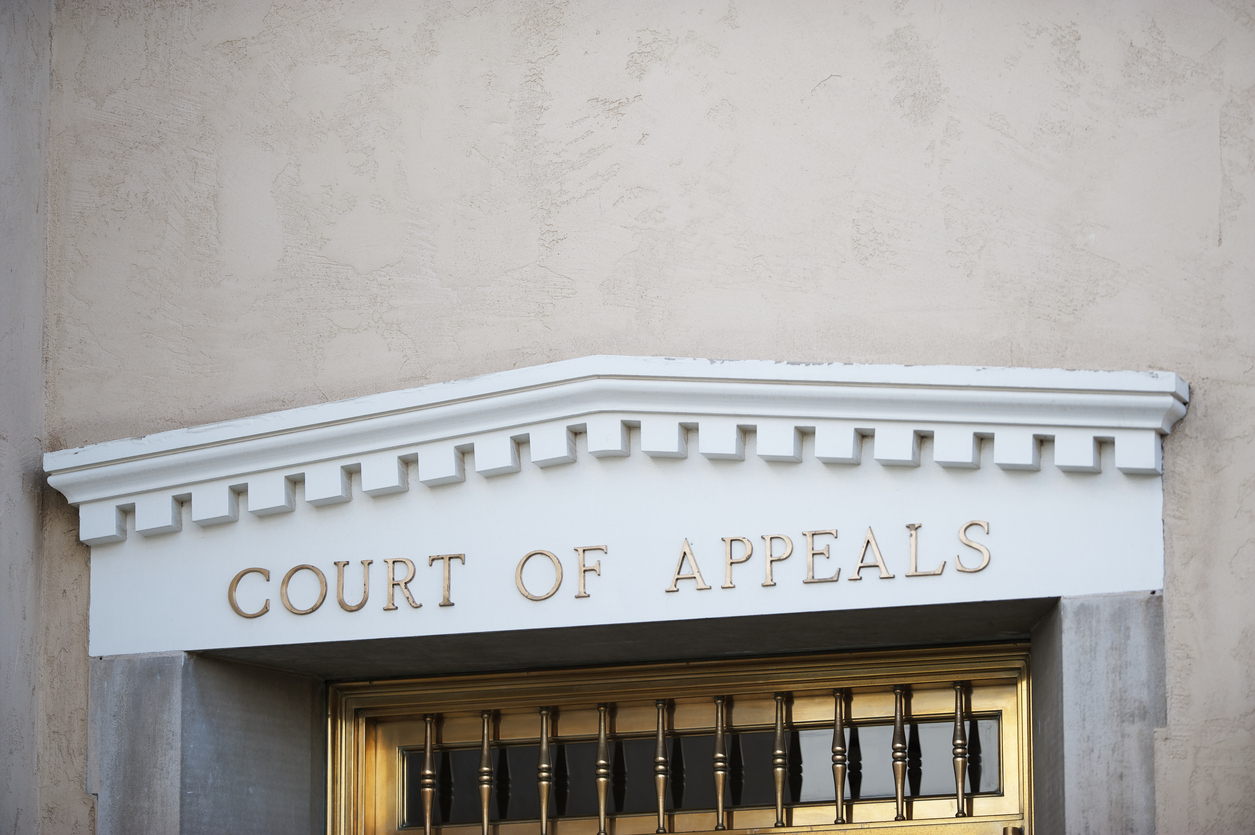In my previous North Carolina Coverage post, a summary set forth the different types of adjusters who work on property claims. Public adjusters can provide very valuable services for insureds in North Carolina, and these individuals can be especially great advocates for insureds with complex or frustrated claims. As a reminder, public adjusters only represent policyholders in North Carolina. Residents and business owners in North Carolina also need to be familiar with North Carolina Statute § 58-63-15: Unfair methods of competition and unfair or deceptive acts or practices defined. Here is a plain English explanation of 58-63-15 and what to watch out for if you have a property damage claim.
North Carolina Statute § 58-63-15 (11) Unfair Claim Settlement Practices.–Committing or performing with such frequency as to indicate a general business practice of any of the following: Provided, however, that no violation of this subsection shall of itself create any cause of action in favor of any person other than the Commissioner:
a. Misrepresenting pertinent facts or insurance policy provisions relating to coverages at issue;
This means insureds need to watch out for insurance representatives who make false statements about their coverage. It is extremely important to become educated about your insurance coverage so that you can determine whether this occurs. If you have a hunch that a misrepresentation is occurring, trust your feeling and have your policy reviewed by counsel familiar with the coverages. Remember, this would not be a law if it didn’t happen frequently.
b. Failing to acknowledge and act reasonably promptly upon communications with respect to claims arising under insurance policies;
This means your calls should be answered, your messages should be returned, and all of your questions should be given a complete response.
c. Failing to adopt and implement reasonable standards for the prompt investigation of claims arising under insurance policies;
This means the adjusters who inspect your property should do so with an eye towards finding and applying coverage without delay. Watch out for snap opinions and judgments and sloppy evaluations.
d. Refusing to pay claims without conducting a reasonable investigation based upon all available information;
This means a complete evaluation of the claim and all of the information you submit to the insurance company should be reviewed before a payment is refused or a claim is denied. It may take multiple visits for a reasonable investigation to be done. Ask your insurance company keep coming out to the property until everything is done right.
e. Failing to affirm or deny coverage of claims within a reasonable time after proof-of-loss statements have been completed;
Send in your proof of loss form (make sure to consult with counsel if you have questions about the legal nature of this document). After you submit the form, the insurance company should respond quickly and the claim should not be dragged out after the proof has been submitted.
f. Not attempting in good faith to effectuate prompt, fair and equitable settlements of claims in which liability has become reasonably clear;
Did your insurance company refuse to take care of things quickly and give you a fair settlement when it was clear there was coverage for a loss?
g. Compelling the insured to institute litigation to recover amounts due under an insurance policy by offering substantially less than the amounts ultimately recovered in actions brought by such insured;
This happens when an insured is paid less than what is owed under the policy, requiring legal action just to get the insured what he or she paid for when the policy was purchased.
h. Attempting to settle a claim for less than the amount to which a reasonable man would have believed he was entitled;
AKA- low-balled, short changed, or unreasonable offers from your insurance company. Watch out for this practice, as all too often the first numbers sent from a carrier are intentionally low. While claims should not be handled this way, frequently the first numbers policyholders see are missing major items of damage or represent a fraction of what the damages will actually cost the person or business.
i. Attempting to settle claims on the basis of an application which was altered without notice to, or knowledge or consent of, the insured;
This is when a carrier makes a decision based on your insurance application that was changed without your permission and without notifying you.
j. Making claims payments to insureds or beneficiaries not accompanied by a statement setting forth the coverage under which the payments are being made;
If money is sent from the insurance company, it needs to come with a breakdown of the basis for the payment. Policyholders need this so they don’t have to guess at what is being paid for and the value of the line items of damage.
Additional violations also make up North Carolina Statute § 58-63-15. A complete list of the violations is available by clicking here.
Now, armed with more information about the improper actions that happen during insurance claims, policyholders also need to advise the North Carolina Department of Insurance when these practices occur. A complaint form can be mailed, faxed or submitted online by insureds, with or without the help of a qualified attorney. For questions regarding the most effective way to present this information, post your comments below.



